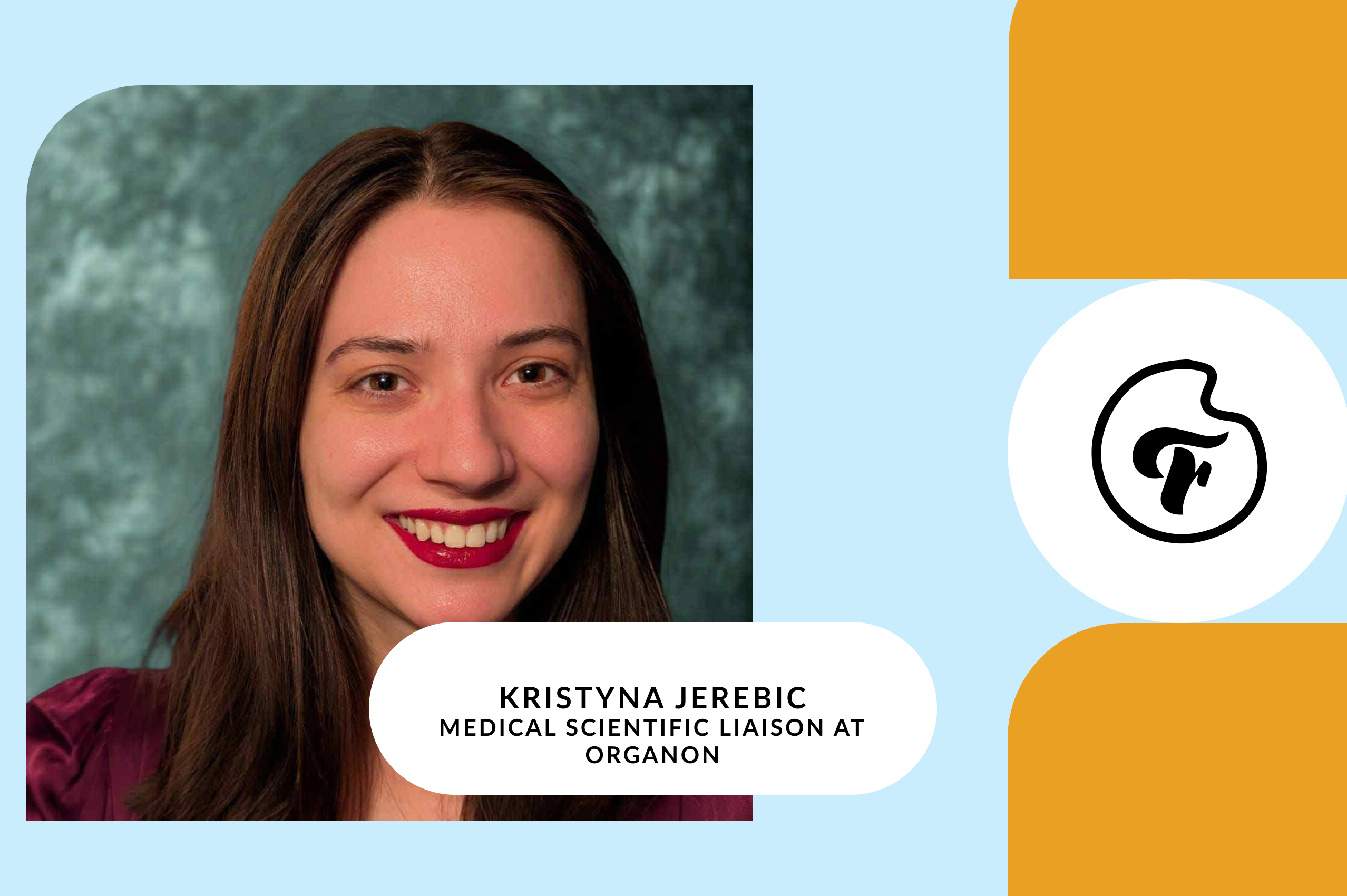.png)
It is never too late to start working on yourself. However, it's not always easy to achieve great results alone; that's why cooperation with a coach is highly beneficial. A coach is someone who can understand and boost your strengths and guide you in eliminating your weaknesses.
I asked professional coaches Misa Kozinova and Barbora Hajná to share with me six personal development topics that are worth bringing up along your development journey. As Misa said, "Working with a coach gives you space to explore and experience the best version of yourself and access resources you didn't think you had." So, let's dive into that!
The very first topic worth exploring for anyone is self-understanding. It is crucial to understand where we are right now, where we want to go, and what it takes to get there. And, most importantly, if these are our actual goals or some views and beliefs brought from the outside.
Barbora shares, "With coaching, you can deep dive into understanding what drives your actions (and inaction). Coaching helps you name your thoughts out loud. Once you say it and hear it – you realize it happens to you. Although the realizations can sometimes be surprising, it gives you an honest picture of how you see the world and yourself."
Do you know what your strengths and weaknesses are? Usually, we tend to be too hard on ourselves and see every imperfection but forget about our strengths. The goal is first to locate both and then use your strengths to transform weaknesses into something better and stronger.
Barbora adds, "Knowing what you are good at, as well as what you are not that good at, is essential for any development effort. Coaching helps you identify blind spots and enables you to map both your strengths and weaknesses. Being conscious of both is incredibly useful. With the comprehension, you can look for ways to use your strengths effectively and knowingly work with your weaknesses to move them away from blocking you to getting where you want. Coaching is an effective tool for setting developmental goals and ensuring you keep heading toward them."
Often forgotten, optimism is a drive that can help us get to our better selves faster. Everyone needs to believe that a bright future awaits them just around the corner; otherwise, there's no point in even starting. Barbora shares, "There might be moments when we struggle to find what makes us happy. And, even if we know what makes us happy, we may find it challenging to squeeze more of such moments into our days.
With coaching, we can identify what makes us happy and understand how to add more optimism to our days consciously. There may be moments when our condition hinders us from seeing the brighter side of life that calls more for therapy than coaching. Of course, coaching cannot substitute therapy but can become a helpful supplementary tool in the process. Some therapists successfully combine both approaches to treat what clients are going through."
Self-confidence is one of the most popular topics to discuss with a coach, as it affects all areas of our life – at work, home, or at any public gathering. Misa says, "Confidence is what often makes it or breaks it when it comes to relationships, career, and personal well-being, so it is worth working on when planning your next move.
A coach can help you experience what it looks like and feels like when you are confident, even if you think you have never experienced it. A coach can also help you identify what has been stopping you and bring you to a powerful state from which you can look at your situation from another angle. What are your superpowers? What can you do already? Who are you? What do you believe in, and what is important for you when you are already confident? Most importantly, you will be leaving with hope, having experienced what it feels like to be confident and with practical things you can do daily to cultivate your new confident self."
Motivation is another topic similar to optimism that keeps us going. Without motivation, we struggle to get things done, the work doesn't bring joy, and there's no point in developing ourselves. A coach can help you find that motivation.
Misa adds, "While confidence is a state that comes from your beliefs, values, and identity, motivation comes from doing. A coach, therefore, needs to focus with you on actionable, easy, and small things you can start doing to raise your well of motivation. If you think that task is not easy in the first place – a coach can help you see what the real blocker is."
It might sound that communications skills are not the area of a coach, but you will be surprised. In case you want to start talking confidently, own your statements, and be seen as a leader, coaches can help you acquire communication skills.
Misa points out, "When it comes to communication skills, working with a coach is not so much about the skill itself, although coaches tend to be great communicators and should be able to teach you a thing or two. The core of your work will be on getting into a habit of looking at the problem at hand from your counterpart's perspective. Who are they? What do they feel? What drives them? How do they see you? What message do you want to get across? A coach can guide you in answering these questions and make you a better communicator, both in spoken and written language."
Are you ready to start working with a coach and get to a better self? Check out the Femme Palette Coaching and Mentoring Program, where firstly, a coach will understand your needs and cover all possible struggles you have. Life is never-ending learning, where the most exciting lesson is learning more about yourself!


